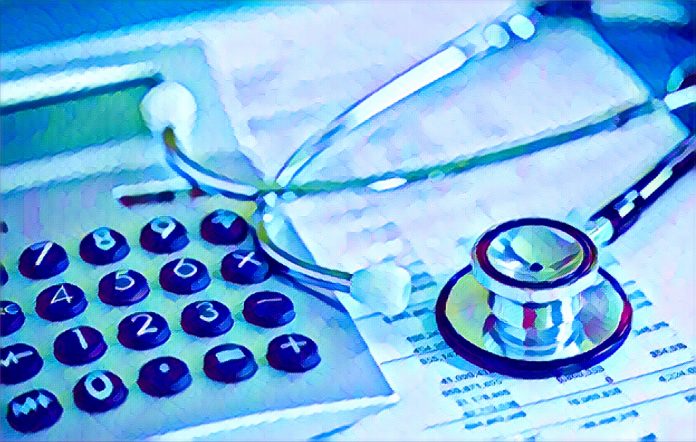The healthcare industry is under significant financial pressure due to the federal government’s failure to adjust import levies on medical products. Despite ongoing discussions and the visible impact on healthcare affordability, essential medical imports remain subjected to customs levies ranging from 5 to 25 percent. This financial burden is inevitably passed down to patients, raising overall medical costs.
Healthcare providers, pharmaceutical companies, and medical distributors are particularly affected. They are required to pay substantial customs duties on crucial imports, such as raw materials for drug production and medical equipment. Additionally, these businesses face product registration fees that further inflate costs—a financial strain that ultimately affects the price patients pay for medical care.
Though medical and pharmaceutical products are theoretically exempt from the standard 7.5 percent value-added tax (VAT), applicable to certain goods and services, other hefty charges remain in place. For example, equipment like cameras used for medical examinations of internal organs attracts a 20 percent import duty plus the 7.5 percent VAT. This is part of the implementation of the ECOWAS Common External Tariff (CET) for 2015 to 2019, along with other fiscal policy measures.
Even essential devices for respiratory support, including oxygen and ozone therapy equipment, are subjected to a 5 percent import duty. The same rate applies to advanced medical imaging devices such as ultrasonic scanners and MRI machines. Conversely, seemingly less critical items like syringes are hit with a 65 percent Import Adjustment Tax (IAT), indicating a disproportionate tariff structure that many in the healthcare sector find perplexing and counterproductive.
Samuel Okwuada, CEO and co-founder of Remedial Health, a company aiming to transform the pharmaceutical supply chain, highlighted the direct impact of these duties on medication costs. “If I bring in a container of diabetes drugs costing N100 million and I have to pay a 20 percent duty, the total expense rises to N120 million. I can’t absorb this cost, so it gets passed on to the customer, significantly raising the price of the medicine,” Okwuada explained.
Many health sector leaders agree that removing or reducing these levies could quickly decrease the cost of essential medicines, directly benefiting countless Nigerians who struggle with high medical expenses. However, the industry faces another major challenge: about 75 percent of the medicines and medical consumables in Nigeria are imported from countries like India and China. This reliance makes the medical supply chain extremely sensitive to fluctuations in the exchange rate, further complicating cost management.
“The pharmaceutical industry in Nigeria is entirely dependent on the dollar, which is our primary issue,” Okwuada added. “The government should focus on supporting the growth of this sector instead of imposing high import duties that stifle it.”
In an effort to address these challenges, Okey Akpa, chairman of the Pharmaceutical Manufacturers Group of the Manufacturers Association of Nigeria (PMG-MAN), advocated at a consultative forum for zero duties on specialized equipment that increases local production capacity. Separately, Taiwo Oyedele, chairman of the Presidential Committee on Fiscal Policy and Tax Reforms, promised reforms to ease the tax burden on life-saving medical equipment and raw materials used in drug manufacturing. He mentioned plans for creating new harmonized codes and tariff lines and establishing special corridors for expedited clearance of pharmaceutical imports and exports.
Despite these promises, the healthcare sector continues to wait for tangible changes that would help reduce the financial pressures caused by high import duties.



